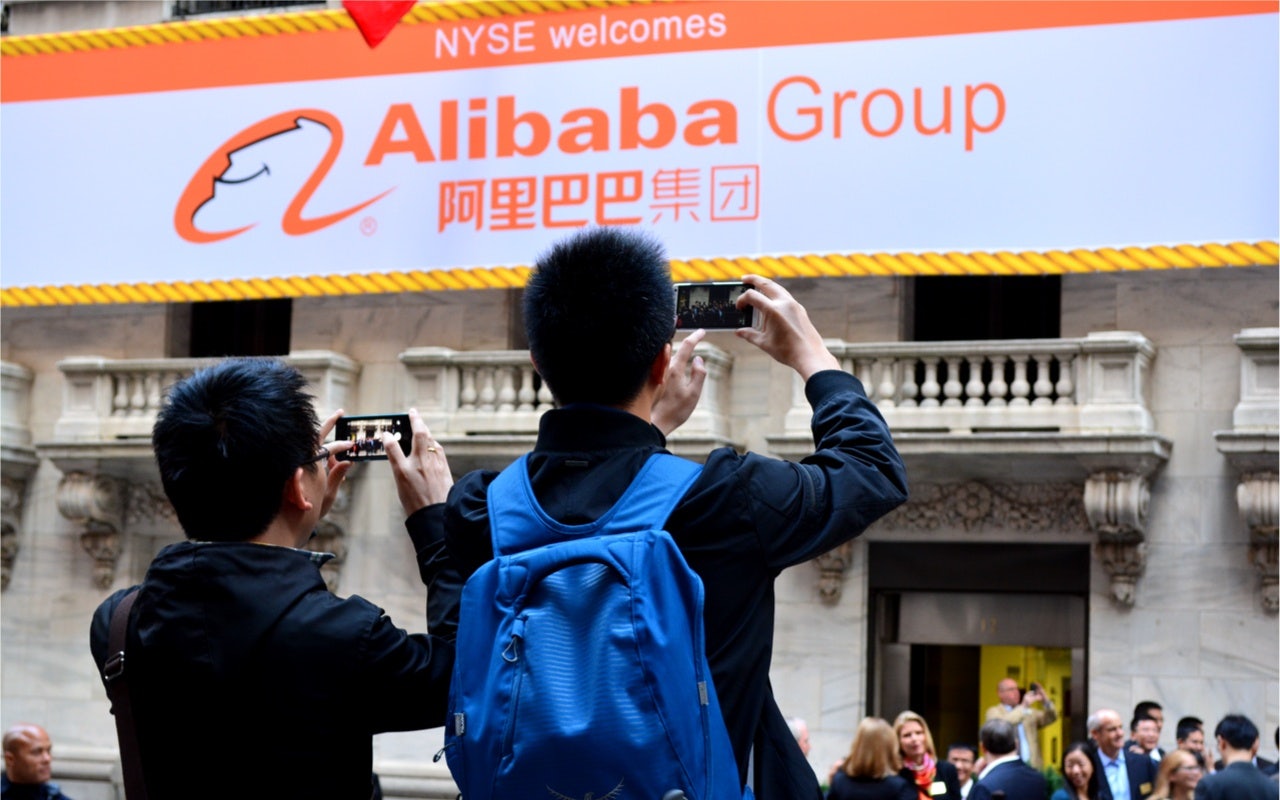What happened
Around 200 Chinese companies might be delisted from the New York Stock Exchange and the tech-heavy Nasdaq due to a recently passed bill in the US. Chinese e-commerce and streaming giants, including Alibaba, JD.com, VIP.com, Weibo’s owner Sina, iQiyi, and Bilibili, which all have collaborated closely with US and European luxury brands in recent years, are under threat.
The dispute is centered around Chinese firms that, for years, have been unwilling to give for American regulators access to audit their records. The bill was fueled by Luckin Coffee’s fraudulent sale figures, which were exposed in April. The self-proclaimed Starbucks competitor was given a delisting notice by Nasdaq a week ago.
Last week, legislation was unanimously passed by the Senate stating that a company could only be traded after three consecutive years of regular inspection, theWall Street Journal reported. The bill is expected to be passed by the House and then signed into law by President Trump.
Jing Take#
While delisting from the US stock market is unlikely to interfere with these companies’ daily operations and brand partnerships, it shows that the disconnect between China and the US is only growing.
American and European brands have been using these e-commerce and streaming platforms to get closer to Chinese consumers, but will this potential change affect future relationships?
The future is also murky on the consumer front. With rising anti-Chinese sentiment in the US — alongside this recent move by the financial regulatory sector — Chinese people will likely feel more unwelcome in the US, which could affect traveling shoppers once restrictions on direct flights are lifted.
Experts have suggested that these companies should look to stock exchanges in New York’s neighboring city, Toronto, or else closer to home in Hong Kong, Shenzhen, or Shanghai, saying these places might even raise their valuation. Among the companies, JD.com might be the least worried, as its second IPO in Hong Kong is due to take place in early June with a valuation as much as $3 billion, according to the Financial Times. It will be interesting to see if its potential delisting from the US would give this e-commerce giant a boost in its worth.
The Jing Take reports on a leading piece of news while presenting our editorial team’s analysis of its key implications for the luxury industry. In this recurring column, we analyze everything from product drops and mergers to heated debates that sprout up on Chinese social media.
